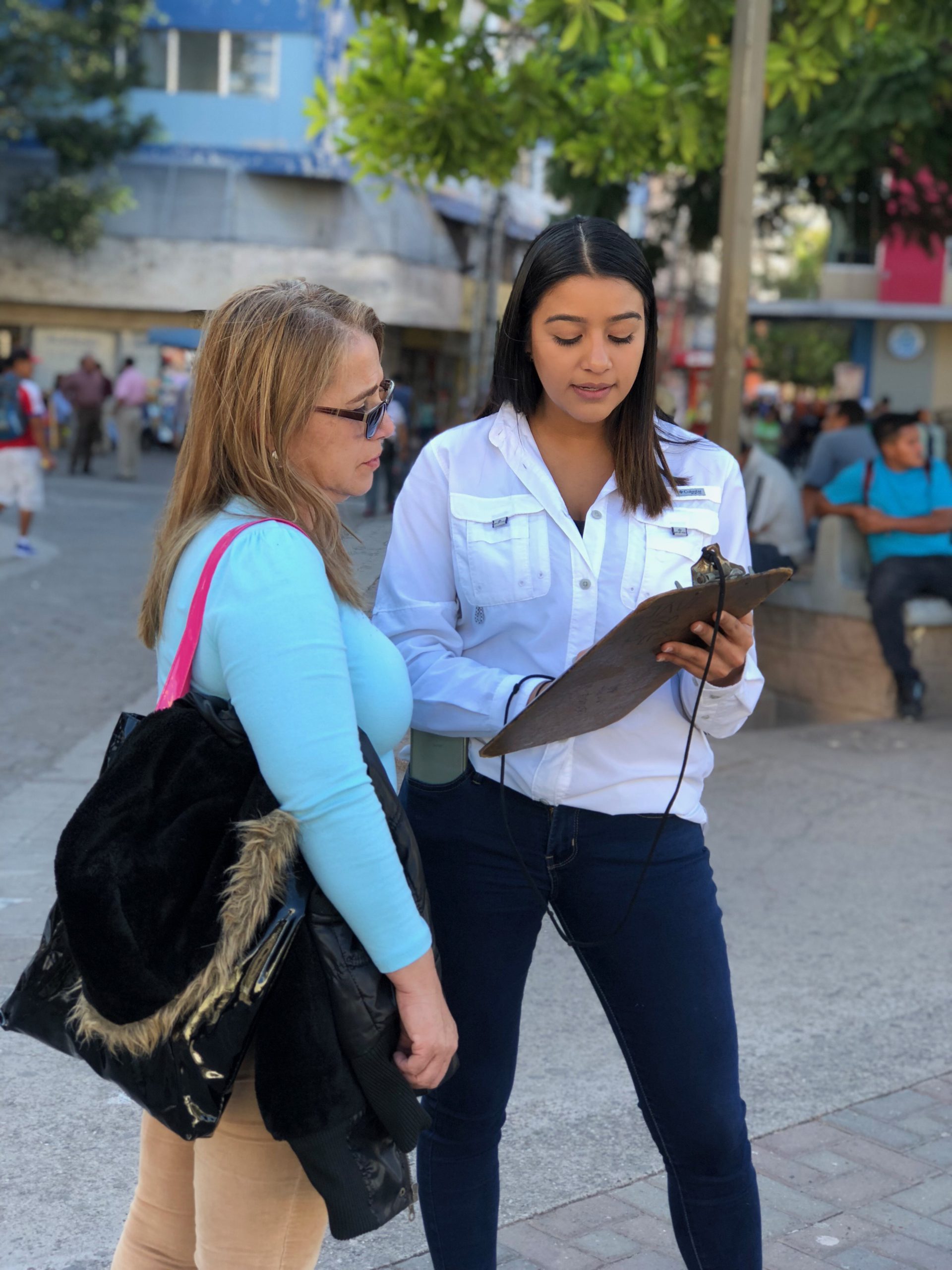
Understanding Cultural Perspectives

“I don’t know if I’m the right person to do this research. I’m just really passionate about it,” said Sidney Irias, a sociology major from Honduras studying how different factors affect the way people in her home country perceive adoption. As she thought about how to focus her I.S., she realized she’d never met someone in Honduras who was adopted. “It’s not thought of in the same way,” she said. “People don’t think about bringing someone into their home who is not their blood.”
With this realization and the support of Copeland Funding, Irias created a 15-question, multiple-choice survey and gathered data in private residences and in public settings in Tegucigalpa, Honduras. Working with her advisor, Olivia Navarro-Farr, assistant professor of archaeology and Latin American studies, Irias wrote the survey first in English for the Human Subjects Research Committee and then translated it to Spanish for the participants, keeping in mind cultural differences particularly with questions about income level and religious background. She then asked focused questions about key factors including age, gender, religion, income, and education to reveal significant data about the participants’ perceptions.
“I never thought I would do a quantitative analysis, but it makes sense. It helps everything to be organized,” said Irias. Though political unrest in Honduras affected her data collection, nearly 100 people completed her survey and were eager to share their opinions on the subject.
“People were very engaged with the survey and very vocal when they returned their answers to me,” she said. The factor that showed the most significance in her analysis was education: “Those with a bachelor’s, master’s, or high school degree were more likely to have a positive attitude about adoption.”
But not every factor revealed a significant difference. “If I could do this research again, I would do it for like three years,” said Irias. “I would explore how race is divided in Honduras and how it could be used as a sample to compare with U.S. data. Here, there are very specific groups, but what does it mean to be white in Honduras?” Her project stirred a passion for research and discovery. “I love doing research. You think you have everything figured out, but there’s always more to learn. It’s so important to do research on other countries,” she said. “It helps you to access and understand different cultures and perspectives. It broadens your mind and helps you to be a better scholar and a better person too.”
[A version of this story appeared in Wooster magazine.]
Posted in Independent Study on March 4, 2019.
Related Posts
Related Areas of Study
Sociology
The study of social life, social change, and the social causes and consequences of human behavior.
Major Minor

